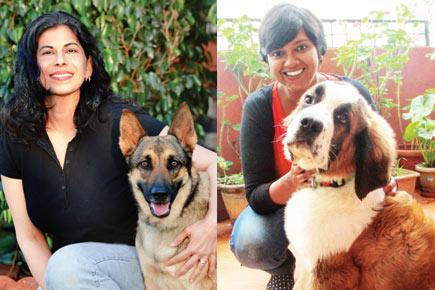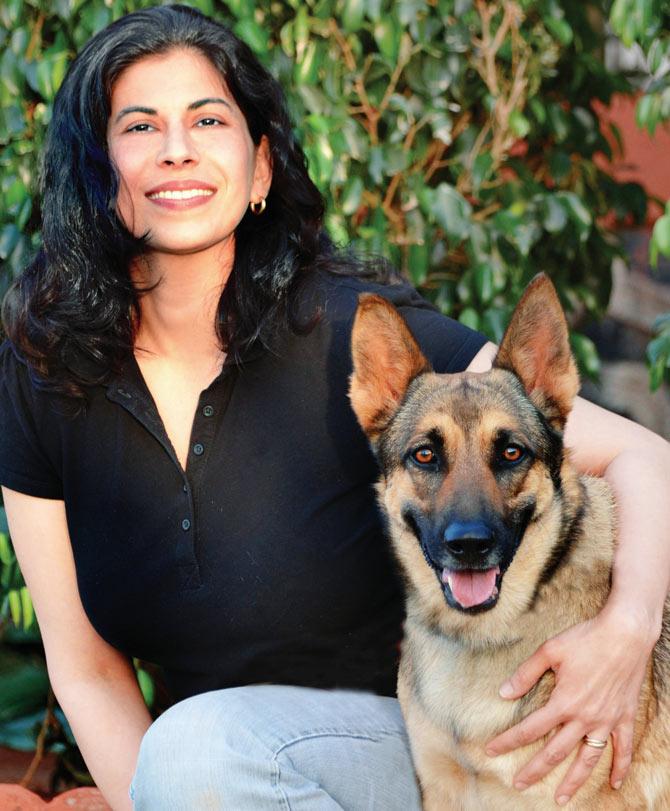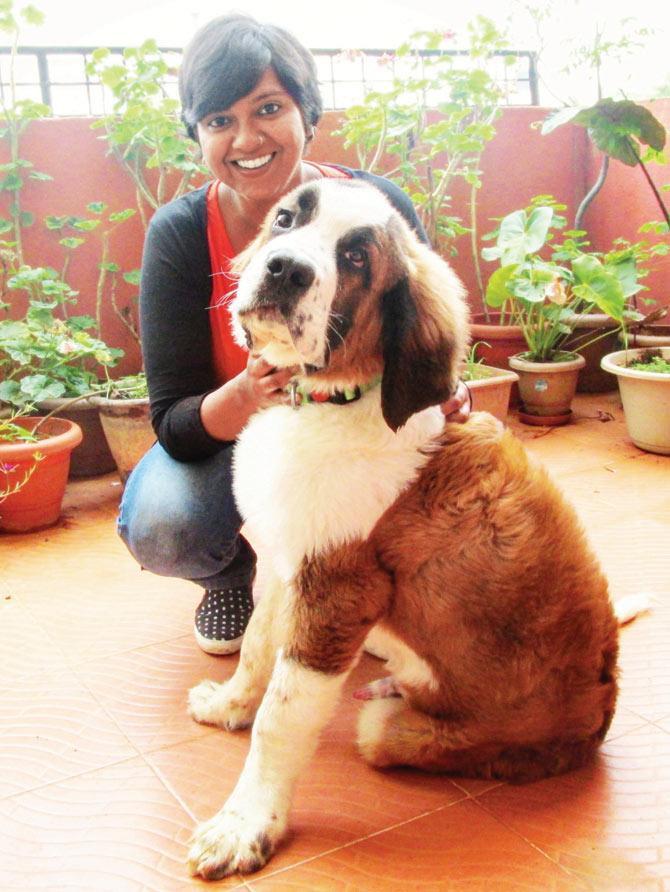Animal welfare, like life, can sometimes leave you angry, and hopeless. But volunteers say practicing the art of being non-judgmental has made them positive, effective workers

Shirin Merchant and Anoopa Anand
![]() It's a disclaimer that follows almost every plea for adoption, rehoming, fostering or request for funds for an animal on social media — ‘No judgment please’ or ‘All negative comments will be deleted’.
It's a disclaimer that follows almost every plea for adoption, rehoming, fostering or request for funds for an animal on social media — ‘No judgment please’ or ‘All negative comments will be deleted’.
ADVERTISEMENT
Consider the balance this is keeping: On the other scale is social media’s rabid hobby — passing judgment. Any news piece is trailed with a serpentine tail of comments about how stupid the person is, how ugly, how unseemly, or fat, thin or pale, or dark… These commentators froth at the mouth, dressed in safe invisibility cloaks, wearing the 20/20 vision of hindsight and the latest halo from Holier Than Thou.

Malti Bhojwani, life coach
Suspension of judgment has become a mindful exercise among many, most notably among those working in animal welfare. "When we post a rehoming or foster plea and write, ‘No judgment please’, it stops the conversation from straying. Else the comment section is likely to be filled with hate. The whole point is to find the animal a home," says Anoopa Anand, an independent writer and editor who works with abandoned, rescued, injured and ill cats and dogs.
Otherwise, she says, it’s an endless stream of people saying how the perpetrators should be cursed and how the descendants of breeders should suffer.

Shirin Merchant’s practice of weeding out all terminology that carries a negative connotation when guiding canine behaviourists, is a handy lesson to apply in any sphere
"Animal welfare is a heartbreaking business; there are so many ways in which animals are mistreated," says the 35-year-old. "At what point will the negativity stop? I have a choice to add to it or see small victories that lighten my day. I feel a responsibility to spread positivity."
"Being judgmental is the lack of acceptance of ourselves," says life-coach Malti Bhojwani. "Many are still struggling to meet their basic need of self esteem and do not appreciate or accept themselves fully. This causes us to judge others."
Finding peace
This is notable because those who judge others are harshest on themselves. Fashion industry’s power broker and mentor Sabina Chopra once said in an interview that she found peace when she stopped attaching a value or an adjective to people. "Even if it was a person walking down the street...I stopped qualifying them in terms of short, old, young, tall, good-looking and found that I felt more at peace.

Entrepreneur Anoopa Anand with Orion. Instead of ranting against those who abandoned the then-paralysed St Bernard, Anoopa prefers to celebrate victories such as his first steps
I don’t know if there is such a thing as happiness, but there is such a thing as being at peace. Being non-judgmental is the way to achieve it," she said. Judgment is crippling and non-effective. "I am an introvert," says 36-year-old Chinthana Gopinath, "and very susceptible to bad energies.
I consciously avoid getting entangled by that which I cannot change, and passing judgment is part of this. It’s a waste of emotional energy and takes away from the effort needed to help the animal. Instead of going on about how bad the situation is, I’d rather be solution-oriented — what can I do to change this?"
Gopinath runs a business and is instrumental in the release, rehabilitation and rehoming of beagles rescued from laboratories.
She also recognises that appearing non-judgmental makes her more approachable as a welfare worker, thus letting her help more animals. Eventually, it has made her calmer and she is able to let go of things more easily now. "When we can consider opinion that is different from ours, we make progress," says Bhojwani. "It is natural to have opinions and sometimes assert them. But respecting another opinion empowers us to collaborate and partner up with others."
It’s not black and white
Mumbai-based Shirin Merchant, one of the world’s leading canine behaviourists and dog trainers, carefully omits any negative adjectives or words while speaking, instructing or teaching her students. This careful curating means that no dog is identified as aggressive or destructive — it is only exhibiting its guarding instinct or is not stimulated enough. Correct, non-denominational labelling shows the problem in an optimistic light that can have a solution.
"We’re very quick to judge — especially other mothers," says Merchant. "When the Harambe incident happened (In May, a silver-backed gorilla in the Cincinnati Zoo was shot after a child fell into his enclosure), everyone rushed to blame the mother and her parenting skills.
But how can you blame someone without knowing the full story? Dogs are given up when it becomes impossible for the family to live with them. [Unethical] Breeders or [crude] trainers may have not have had the benefit of an education to do things the right way. When you listen to their stories, you realise that most people are not bad people." Merchant says practising this makes you more accepting of life. "You carry less hatred, and that's easier to live with."
 Subscribe today by clicking the link and stay updated with the latest news!" Click here!
Subscribe today by clicking the link and stay updated with the latest news!" Click here!






